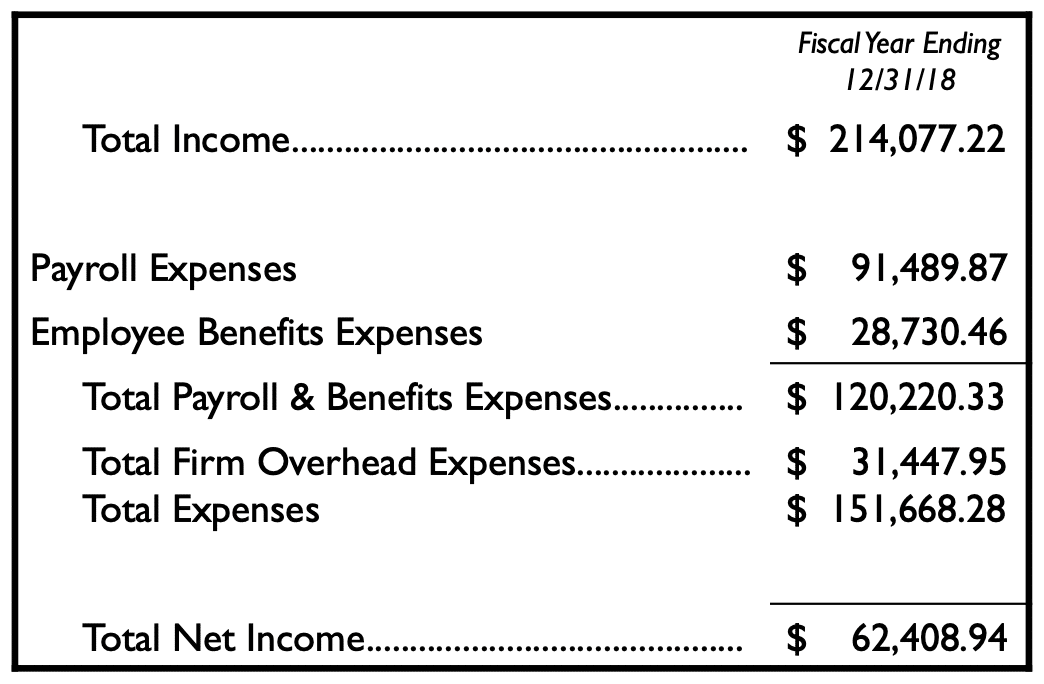The legal profession is commonly considered a profitable one. Many people study to become a lawyer because they covet a high salary—but where does that money come from? Those outside the legal field (or new to it) may not be familiar with how lawyers get paid or know that not all payments are created equal. Several factors affect attorney salary and determine a law firm’s profitability.
In this article, we’ll cover the basic factors that influence attorney salary and how you can maximize billable hours, to make the most money as a lawyer.
How Do Lawyers Bill Clients?
Have you ever wondered why some lawyers make more than others? Or if you’re in the profession, maybe you’re wondering how to make a lot of money as a lawyer.
On the high end of the pay scale are Big Law attorneys. According to Bloomberg Law, first-year associates start with a salary of $200,000+ per year and senior-level associates can make $400,000+ per year. However, this doesn’t necessarily represent the typical lawyer’s experience.
According to Forbes, the national annual average lawyer salary in 2022 is $148,030. The best paying industry for lawyers is currently newspaper publishing (with an average annual salary of $235,630) and the lowest paying industry for lawyers is individual and family services (with an average of $79,420).
No matter the industry, there are certain factors that determine how to make money as a lawyer. Attorneys can charge in several different ways, the most common include:
Fixed fees: A fixed fee is a predetermined and fixed amount charged for a legal service. This is commonly used for routine legal matters, such as drafting up a final will and testament or a standard real estate closing contract.
Hourly rate: An hourly rate will vary from lawyer to lawyer and can be charged on its own or on top of a fixed fee.
Contingency fees: This fee is contingent on the lawyer obtaining a settlement or monetary award. Should they obtain one, the lawyer is then awarded a predetermined percentage. If the case is lost and there is no monetary award, the lawyer typically will not receive payment. In addition, court costs and other litigation expenses are usually paid by the client or taken out of the settlement. Contingency fees are most commonly used in personal injury cases.
Retainer fees: An individual or business may have a lawyer on retainer, meaning they compensate a lawyer to reserve their services. A retaining fee is typically a lump sum paid in advance.
The overall profitability of a law firm is identified by calculating gross income. This is performed by creating an income statement that features expenses deducted from your total income.

Income statement example provided by the D.C. Bar
What Factors Affect an Attorney Salary?

Accurate Time Tracking: Don’t Let Billable Hours Go to Waste
Accurately tracking billable hours is a pivotal element of profitability. More billable hours mean more money for your firm. However, when lawyers need to manually record and estimate how much time they spent on a task, they are often inaccurate.
According to the American Bar Association, when lawyers wait until the end of the day to log their hours, they can lose up to 10% of billable time. That percentage goes up to 25% when they wait longer than a day.
Legal time-tracking software helps lawyers consistently and accurately track their time and increase their billable hours. With MyCase time-tracking software, legal professionals can keep tabs on billable and non-billable expenses, automate prompts to track time for each case, and find missed billable time.
Accurate Financial Reporting: See How Your Firm is Performing
It is also important for a firm to have accurate financial reporting. This will help you see the bigger picture of your firm’s cash flow.
Accurate reporting enables legal professionals to make data-driven decisions that can reduce overhead and increase the firm’s financial growth. Reports include aging invoice monitoring, which records all outstanding balances, and electronic payments records, which showcase all online payment activity. Financial reporting software also provides a clear picture of how each employee is monetarily contributing to the firm via fee allocation reports.
Attracting the Right Clients
Ultimately, lawyers’ salaries are paid by clients. If you want to know how to make a lot of money as a lawyer, it starts with the right clientele. Not every person or matter will be a match for your firm—and that’s ok. A bad client could cost your firm valuable resources, time, and money. Market to attract clients that will help you build a positive reputation for your firm and positively impact your bottom line.
Positioning your firm as a leader in the industry and reaching the right clientele starts with an optimized website. Practice management software, such as MyCase, allows you to embed client intake forms directly into your site so that clients can easily reach out to you and receive automated, timely responses from your firm.
For example, you can add a “One-Click Text Us” option to your site so potential clients can send you quick and convenient messages about their legal needs directly to your MyCase Client Portal. This allows you to conveniently communicate and set up consultations to determine if the potential client is a good fit for your firm.
In addition, a quick, reliable, and responsive website provides a smooth online experience for your potential clients and can lead to more positive client reviews.
Optimizing Client Intake and Customer Relationship Management

Streamlining the client intake process, onboarding new clients, and managing the client relationship are important to improving productivity and boosting billable cash flow.
This is where effective practice management software comes in. Legal professionals can use customer relationship management (CRM) software to:
Customize and automate client intake forms
Create invoices and automate invoice reminders
Rely on a virtual receptionist to reach out to clients
Migrate lead data to case data
This limits the time lawyers need to spend on time-consuming and non-billable tasks while providing consistent and reliable responses to clients. Our 2021 Industry Report found that 54% of surveyed lawyers captured increased leads using online intake forms.
Streamline Your Practice and Reduce Non-Billable Tasks With Automation Tools
For an attorney, time is money. And if you want to streamline time-consuming day-to-day tasks, automate your busy work. According to McKinsey Digital, about 60% of occupations could save time by automating 30% or more of their activities.
Below are a few legal tasks that can be easily streamlined through automation:
1. Workflows and calendaring
Through legal practice management software, such as MyCase, you can automate your firm’s standard processes and create custom workflows. Tasks can be automatically generated and calendared (per case) to ensure you don’t miss any deadlines.
2. Document creation and management
Creating new documents from scratch (and keeping track of them) is a massive time suck. With automation, you can create a new document from existing templates. If your firm frequently needs intake questionnaires, engagement letters, pleadings, or other documents—create a template beforehand. When you need to create a new document, do it in just a few clicks. Software tools (such as MyCase) can also auto-populate relevant data, such as case numbers, client information, and dates into the template.
3. Invoicing and billing
73% of 2,000 surveyed legal professionals claimed that getting paid was a challenge for their firms. Automated invoicing and online payment options can make a big difference to your firm’s bottom line.
With legal case management software, your tracked time and casework will auto-populate into your templated invoice. From there, you can make any last-minute corrections and send the invoice electronically to the client.
Also, consider setting up online credit card options and payment plans. Accepting online card payments and utilizing payment automation makes it convenient for your clients to pay you after your work is complete. According to the MyCase 2021 Industry Report, 61% of respondents claimed that their firms collected more money because of online payment processing software.
Lastly, these software tools can automate invoice reminders. This frees up more time for billable tasks since you’re spending less time chasing clients for overdue payments.
4. Time recording
Accurate time recording ensures you get paid for all of your billable hours. Time-tracking features are built directly into legal management software and can even track billable time done on your mobile device. Use automation to track time spent on calls and emails related to cases, keep tabs on billable expenses, and even create an itemized list of all common billable activities you’ve performed in your legal management software. This ensures no billable activities get overlooked.
Use Automation Tools to Free Up Time and Improve Profits
Now that you know how to make money as a lawyer, you need the right tools to grow your finances. MyCase is an all-in-one solution designed to give legal professionals more of their time back and subsequently improve their profits. See firsthand how MyCase automation features, including a client portal and intake forms, can increase your productivity and impact your bottom line with a risk-free 10-day free trial.
